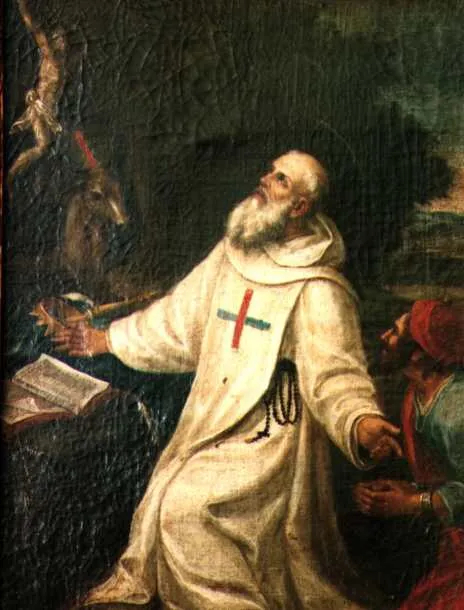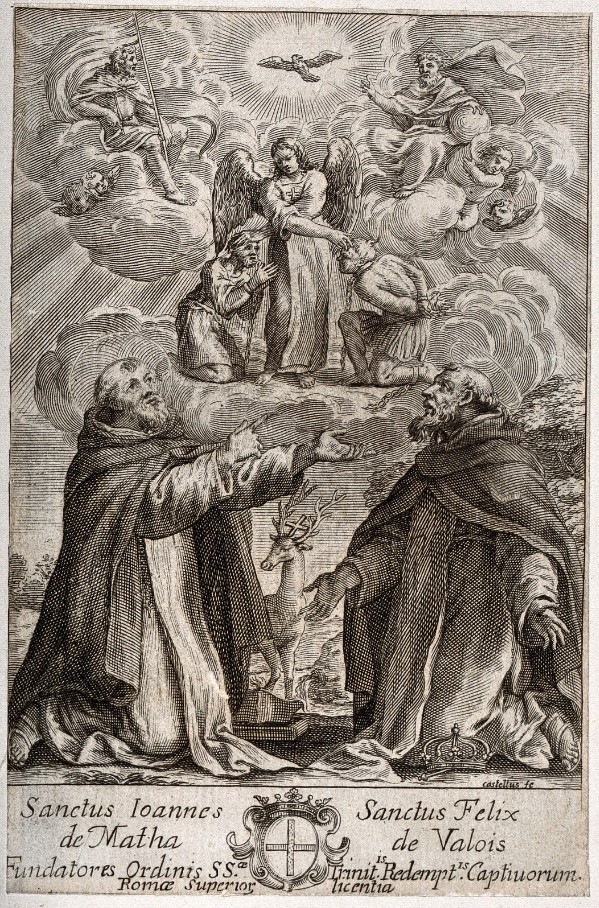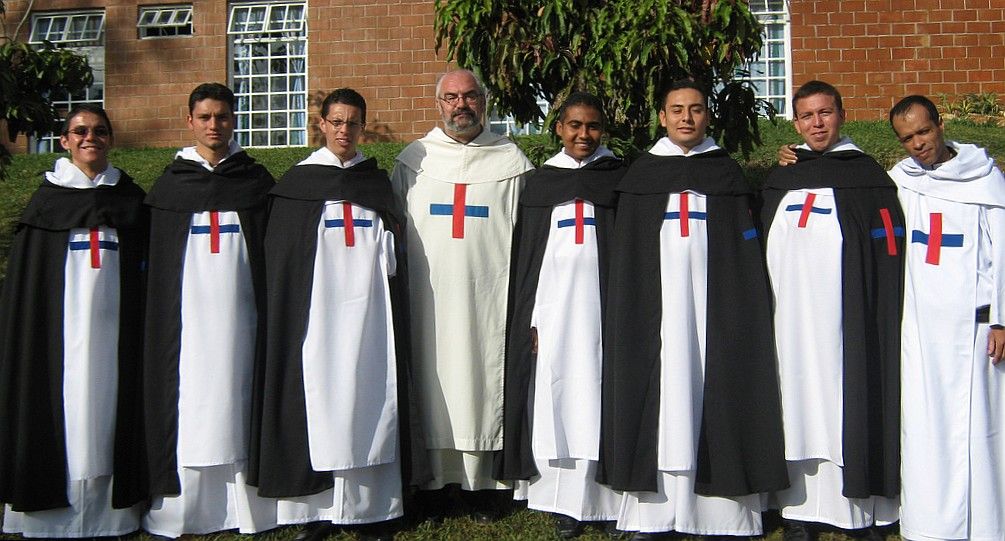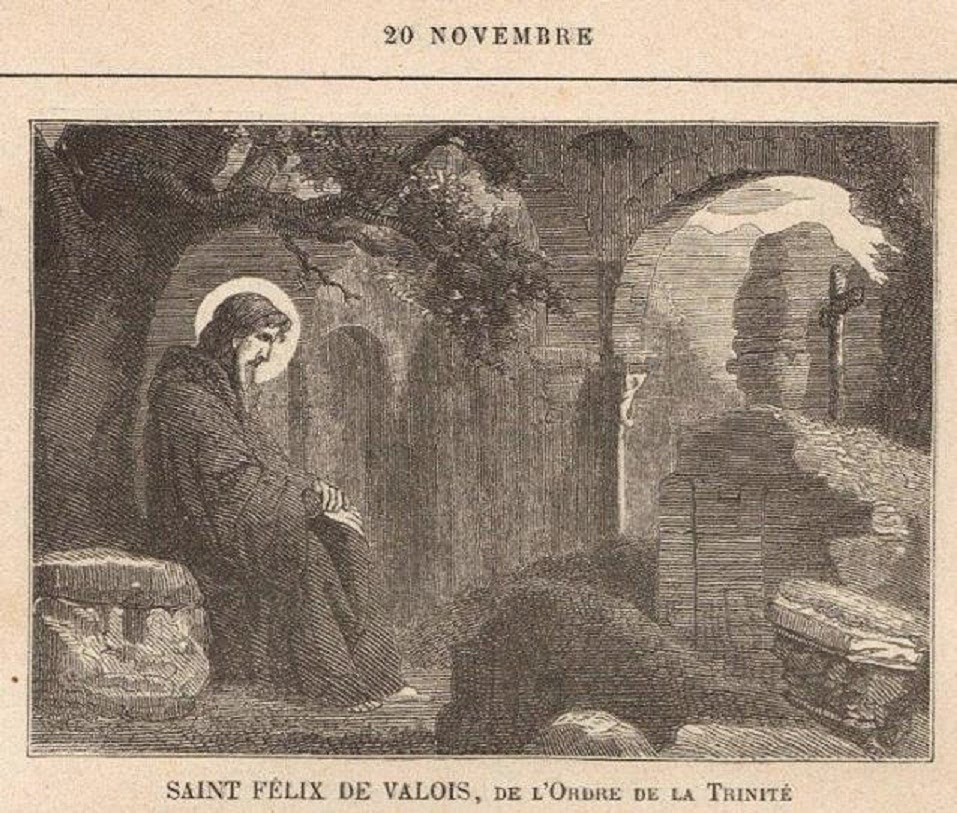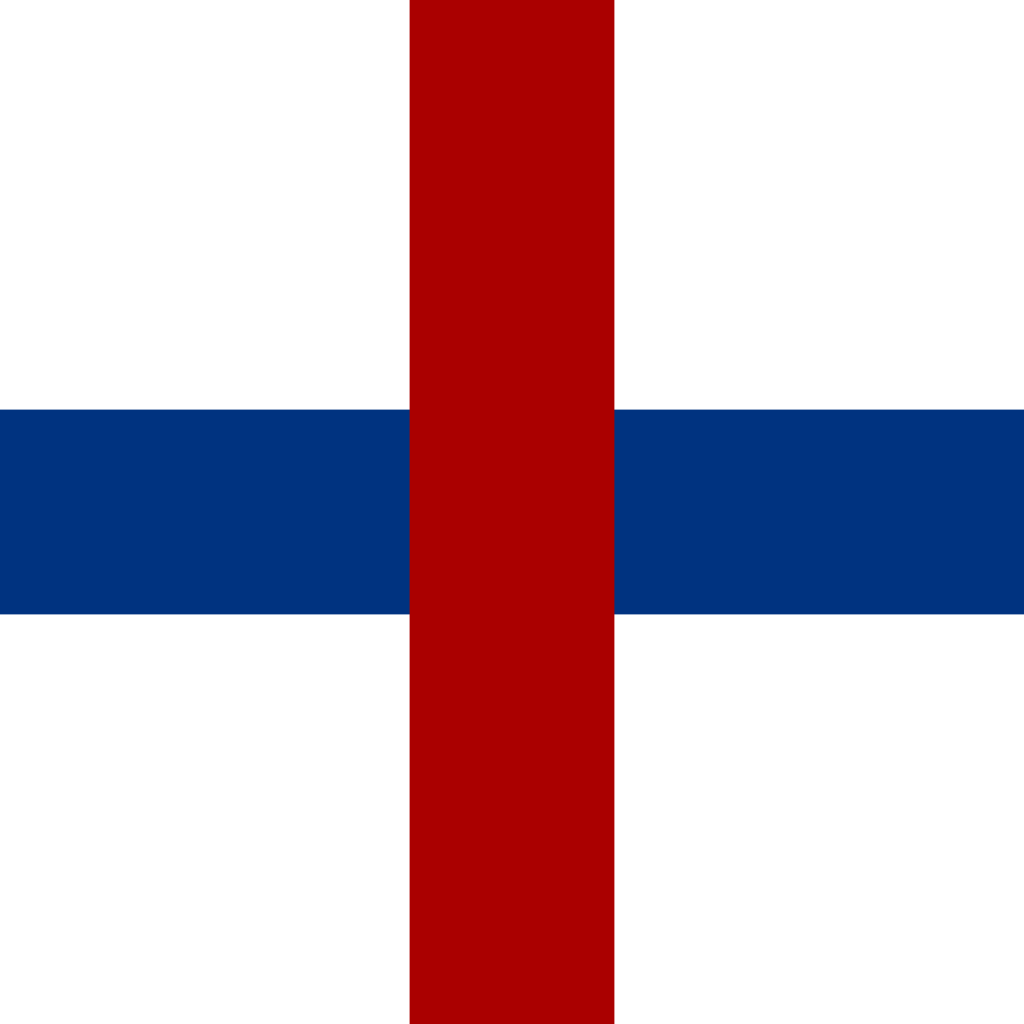Hugh le Bigot was born on April 16, 1127 in the province of Valois, France. He was the son of the Count of Valois, a member of the royal branch, and destined for power and prestige. His mother carried him to Saint Bernard at his monastery of Clairvaux, to offer him there to God at the age of 3.
When the exiled Pope Innocent II sought refuge in France, his father offered their castle to the Pontiff, who often blessed Hugh whom he saw being trained in virtue.
At the age of 10 he obtained grace for a prisoner condemned to death, by means of his prayer and pleadings with his uncle, who was lord over the subject.
His parents divorced and his father was excommunicated for his actions, which raised serious troubles on their domains. This caused Hugh to want to leave the world, and at the age of 20, he joined the Benedictine Order of Cistercian and took the name Felix. He fled to Italy in secret, and began to live an austere life with a hermit in the Alps. His family could not trace him and there were rumors of his death.
After Felix’s mentor died, he returned to France to live in solitude and penance in a dense forest in the Diocese of Meaux. Saint John de Matha sought him out and joined him. John had proposed to him the project of founding an order for the redemption of Christian captives. Together they set out for Rome with letters of recommendation from the Bishop of Paris, and the recently elected Pope Innocent III received them.
The Pope decided they were inspired by God, confirmed their Order of the Holy Trinity for the Redemption of Captives, and drew up their rule.
Felix returned to France to establish the Order and was received with great enthusiasm with King Philip Augustus authorizing their institute and fostering it. They were granted 20 acres of the woods where Felix built his 1st hermitage.
Within 40 years, the Order had 600 monasteries in almost every part of the world. After decades of tireless service to rescuing the enslaved and the Church, Felix returned to his hermitage forcing them a part. He lived there until his death on November 4, 1212 at the age of 85, only 6 weeks prior to his younger co-founder.
Today Christians face a great persecution in many countries, as they did during the times of Muslim invasion and slavery. We also face a great slavery of vice to all the temptations the modern world offers.
The Trinitarians still exist today, for those who suffer persecution for their faith in Christ. They can be found in the United States, Canada, Mexico, Argentina, Bolivia, Brazil, Chile, Columbia, Peru, Puerto Rico, Austria, France, Italy, Poland, Spain, Congo, Madagascar, India, Vietnam, South Korea, and the Philippines; https://trinitarians.org/
